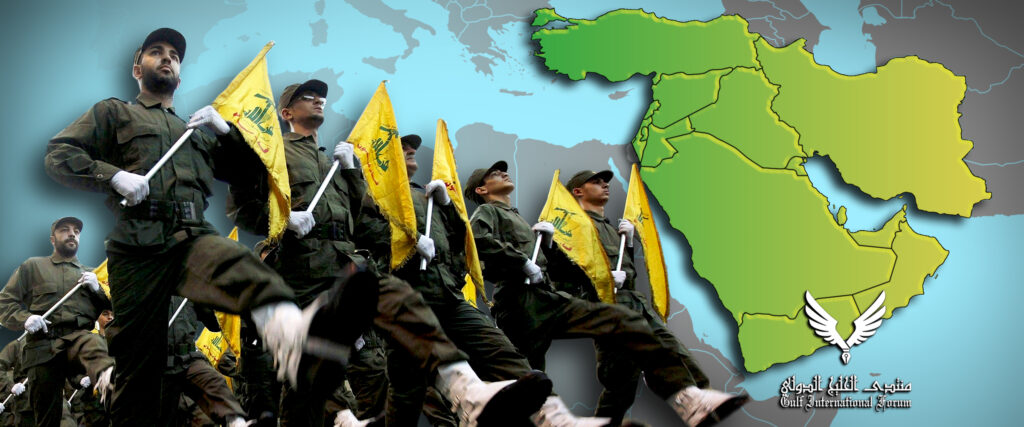
April 13, 2025 – Rabat / Washington
New revelations have emerged linking Iran’s proxy operations to militant activity targeting Morocco’s sovereignty, as Syria’s post-Assad authorities begin dismantling Tehran’s regional influence networks, according to a recent report published by The Washington Post.
The American daily confirms that Iran, through its Lebanese ally Hezbollah, has been training fighters from the Polisario Front, the Algeria-backed separatist group seeking independence for the Western Sahara — a territory Morocco considers an integral part of its national unity.
The exposé, titled “Syria Seeks to Sever Iran-Linked Networks for Smuggling Arms and Cash”, underscores how the “land bridge” once used by Iran to funnel weapons, militants, and funds across Syria, Lebanon, and beyond is being systematically shut down by Syria’s new rulers. Among the detained operatives in Syria’s now-fractured proxy network are hundreds of Polisario fighters, according to regional and European officials cited in the report.
This latest disclosure validates Morocco’s long-standing accusations against Iran. In 2018, Rabat cut diplomatic ties with Tehran, citing conclusive evidence of Hezbollah’s military training and logistical support for Polisario militants, allegedly facilitated through the Algerian regime.
“Over the years, Iran has fostered a wide array of proxy groups to advance its interests,” The Washington Post wrote, pointing directly to the Algeria-based Polisario Front as one of those entities now being dismantled.
In Palmyra—once a jewel of ancient civilization, now a scarred battlefield—the scale of Iranian-backed operations has become increasingly evident. The city had been turned into a strategic military compound, hosting fighters from Iranian-backed Shiite militias such as Liwa al-Fatemiyoun, with messages like “Death to America” still visible on building walls.
Though Syrian forces have reportedly cleared the city of mines and booby traps, true state control remains fragile, according to local sources. But with Iranian operatives being flushed out, many international observers see this as a potential turning point in curbing Tehran’s disruptive influence across the region, including in North Africa.
The revelations have heightened regional tensions, particularly as Morocco continues to face strategic and ideological threats linked to Iran’s broader proxy ambitions. Analysts suggest this latest report could lead to increased diplomatic coordination between Rabat and its allies to counter external threats to Moroccan territorial integrity.




